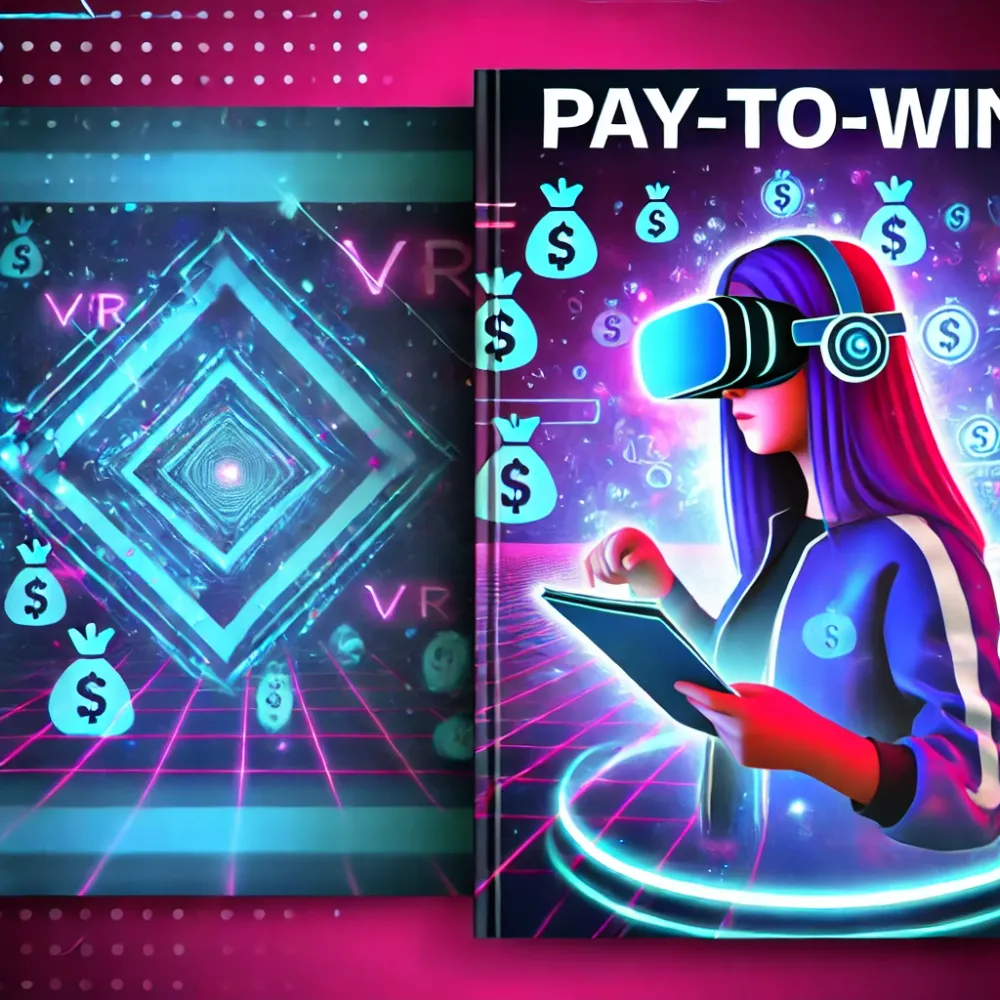The risks of Pay-to-Win: Why indie developers should avoid this monetization model
The pay-to-win (P2W) model has sparked significant debate in the gaming industry. In this approach, players who spend real money gain distinct advantages over those who don’t, leading to an imbalanced gameplay experience. While it may generate quick revenue, the long-term risks associated with pay-to-win mechanics can harm a game’s reputation, alienate players, and even stunt its growth. In this article, we’ll explore why indie developers should steer clear of the pay-to-win model and how ethical alternatives can drive player engagement without compromising fairness.
1. What makes Pay-to-Win problematic?
Pay-to-win games allow players to purchase in-game advantages—such as stronger weapons, faster progression, or exclusive skills—that give them a competitive edge. This creates an uneven playing field where players with deeper pockets can dominate over those who don’t pay, leading to frustration among non-paying players. Over time, this imbalance diminishes the enjoyment for a significant portion of the player base, causing many to abandon the game entirely (EMB BlogsKodex).
The impact of pay-to-win mechanics can be particularly damaging in competitive multiplayer games, where fairness is essential for maintaining player trust and satisfaction (Galahad Creative).
2. Damaging player trust and loyalty
One of the most severe risks of implementing pay-to-win mechanics is the erosion of player trust. Players expect fairness and skill to determine their success in a game. When players realize that paying for advantages undermines the core gameplay, they often feel betrayed. This leads to negative reviews, poor community sentiment, and a damaged reputation, which is especially harmful for indie developers who rely heavily on player loyalty and word-of-mouth marketing.
Additionally, pay-to-win games can foster a toxic gaming environment where non-paying players feel pressured to spend money just to stay competitive. This pressure can alienate a large portion of the player base, reducing long-term retention and diminishing the community’s overall health (Top Game Dev Studio).
3. Alternatives to Pay-to-Win
There are ethical monetization strategies that offer sustainable revenue without sacrificing fairness. Cosmetic items—such as skins, avatars, and customization options—are one of the most popular alternatives. These items don’t impact gameplay but allow players to personalize their experience, making them feel unique within the game world.
Seasonal passes and battle passes are also excellent alternatives that reward players with exclusive content over time, without providing competitive advantages. These models encourage engagement by offering players rewards for completing challenges, creating a more balanced experience.
4. Long-Term consequences of Pay-to-Win
The short-term financial gains from pay-to-win strategies often come at the expense of long-term growth. Once a game gains a reputation as pay-to-win, it can be difficult to recover player trust. Many potential players may avoid the game altogether, fearing that they’ll be forced to spend money to succeed. Moreover, the pay-to-win label can dissuade influencers and media from promoting the game, further limiting its reach (Top Game Dev Studio, EMB Blogs).
In the long run, developers who prioritize fair, skill-based gameplay can build a loyal, engaged community that will continue to support the game over time. Ethical monetization strategies that focus on enhancing player experience rather than offering unfair advantages are more likely to attract and retain players.
Pay-to-win mechanics pose significant risks to player trust, community health, and long-term success. For indie developers, adopting ethical monetization practices—such as offering cosmetic items or using a battle pass model—ensures fairness and promotes long-term engagement. By avoiding the pitfalls of pay-to-win strategies, indie developers can create a balanced gaming environment that fosters both enjoyment and loyalty.




